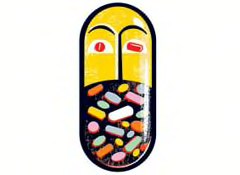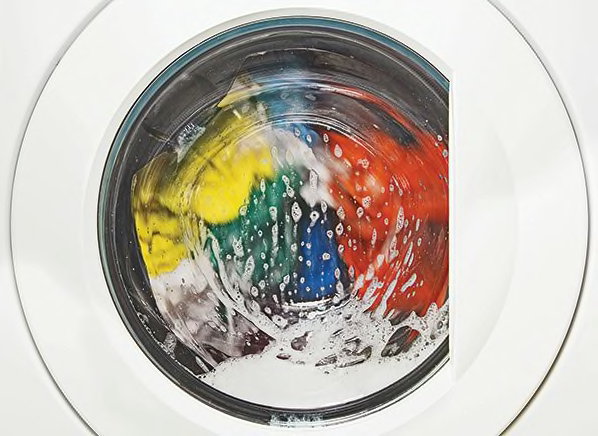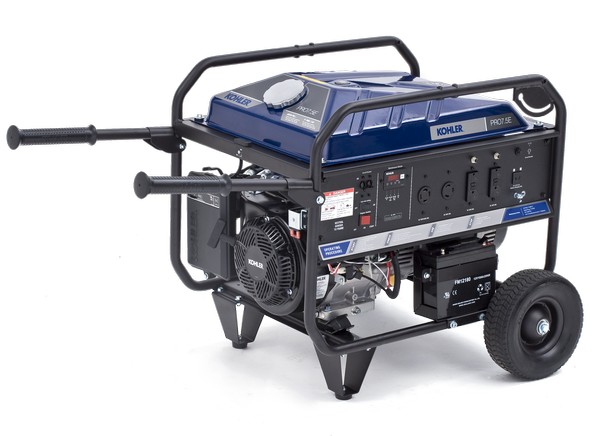Sign In

Menu
Suggested Searches
Recent Searches
Suggested Searches
Product Ratings
Resources
Chat With AskCR
Resources
All Products A-ZThe payment for your account couldn't be processed or you've canceled your account with us.
Re-activateMy account
Sign In
My account
Sign In


In perhaps the largest related series of drug recalls in U.S. history, Johnson & Johnson's McNeil Consumer Healthcare subsidiary has pulled millions of bottles of over-the-counter drugs, including some Tylenol, Benadryl, and Motrin, from pharmacy shelves since September 2009. (These drugs may have manufacturing-quality problems or may have been tainted by a chemical.) However, useful consumer information about recalls may go unreported. What's lacking?
Numbers. The drugmaker typically announces the number of recalled "lots," a manufacturing term with no standard definition. The Food and Drug Administration can't force a company to disclose to the public specifics about the number of tablets, bottles, or people affected. It also lacks the power of the Consumer Product Safety Commission and National Highway Transportation and Safety Administration, both of which can force a recall.
Location. The manufacturer is not required to tell the public which retail stores sold the drugs, although announcements often reveal the state and country.
Timeliness. When a prescription drug is recalled, many pharmacies and membership stores can contact each affected customer. But for over-the-counter drugs, consumers often have to rely on media reports, dig through FDA or manufacturer websites, or ask a pharmacist. For the recent recalls, Johnson & Johnson provides information at 888-222-6036 and at www.mcneilproductrecall.com.
Drug manufacturers usually release their own recall announcements. The FDA then reposts those releases. However, we found a potential timing issue. In a recent recall of free samples of the prescription blood thinner Coumadin (warfarin), the manufacturer seems to have initiated a recall well before the company's news release was posted. The company sent a letter to health-care practitioners dated June 25, but the public release was dated July 12. The FDA reposted the release on the 12th and posted its own safety alert on the 14th.
Use one pharmacy for all drugs. And tell your pharmacist when you buy an over-the-counter drug, says Carmen Catizone, R.P.H., executive director of the National Association of Boards of Pharmacy. The pharmacy can track your medications and prevent interactions, plus alert you to any recall, especially of an OTC drug.
Inspect medication. If pills have an unusual odor, are stuck together, or are shaped oddly, return them to the pharmacy.
Be vigilant. If you hear about a recall, see whether you're taking the drug in question. Go to www.fda.gov.
Get notified automatically. Go to www.recalls.gov to sign up for e-mail alerts from all government safety agencies.
Support stronger rules. In mid-July, Congressman Edolphus Towns (D-N.Y.) introduced a bill that would give the FDA mandatory recall authority for drugs and require manufacturers to notify the agency when they believe drugs in interstate commerce are misbranded or adulterated and could cause serious harm or death.
 WASHING MACHINE REVIEWS
WASHING MACHINE REVIEWS GENERATOR REVIEWS
GENERATOR REVIEWS
 Build & Buy Car Buying Service
Build & Buy Car Buying Service
Save thousands off MSRP with upfront dealer pricing information and a transparent car buying experience.
 Get Ratings on the go and compare
Get Ratings on the go and compare
while you shop

